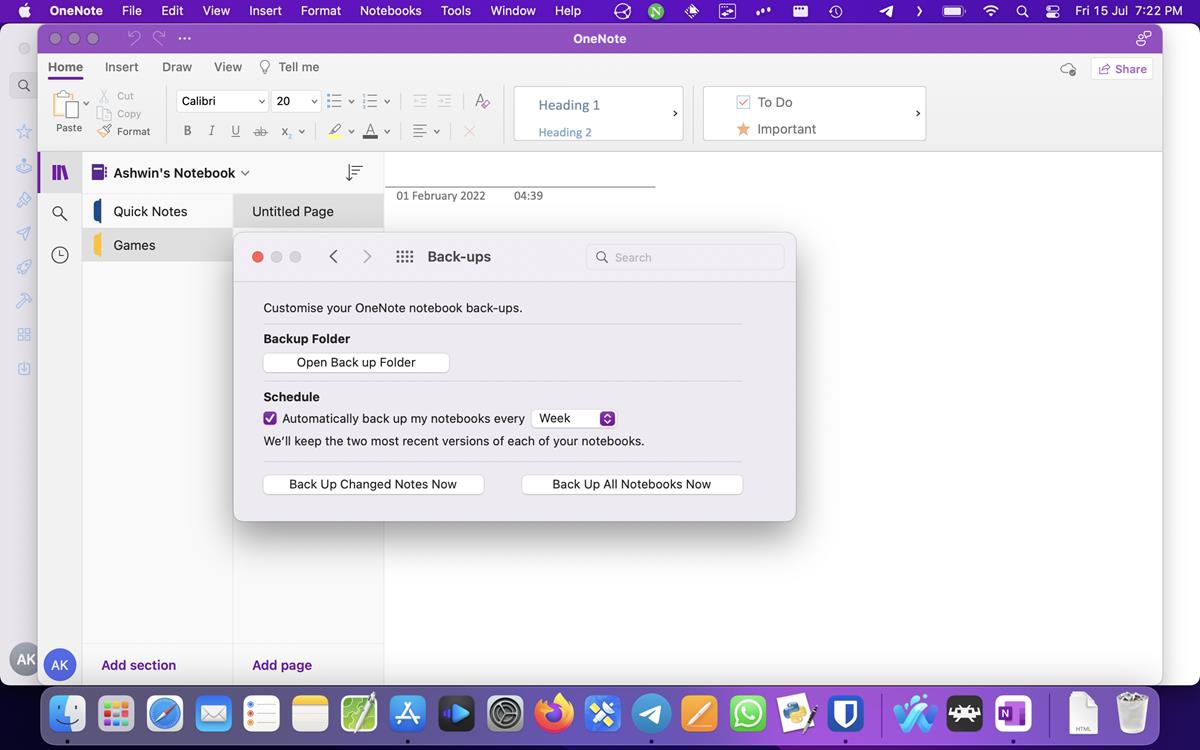Internet Security: Comodo Verification Engine

The Internet is a dangerous place. Danger does not only exists on the dark side of the net but also on the light side, on respected Internet sites.
It is therefor important to use an assortment of Internet security tools to prevent and identify attacks on the Internet. It is not just financial transactions - like those on PayPal or financial websites - that are a primary target of attacks. Attacks these days can also target a user's privacy or identity among other valuable targets.
Update: Comodo discontinued the company's Verification Engine product in 2011 along with Comodo Antispam and Secure Email. A comparable product is not available at this point. End
Comodo Verification Engine
Comodo Verification Engine was a free standalone Internet security program designed to "verify the authenticity and identity of websites" to ensure that sensitive data does not fall into the wrong hands.
The program was cross-browser compatible; it supported popular web browsers like Microsoft's Internet Explorer and Mozilla Firefox, but lacked support for Google Chrome, Opera or Safari.
The application ran on all Microsoft operating systems of its time including Windows 95, Windows XP and Windows Vista. The Internet security tool installed itself automatically in all supported web browsers during installation as a browser plugin.
The extension offered five cornerstone features to help users with the verification of web properties and protect users from fake sites.
- Verification of web page content (brands/logos)
- Verification of login boxes
- Verification of SSL session and encryption endpoint
- Protection against Phishing attacks
- Protection against Pharming attacks
Comodo Verification Engine used two methods to inform users about the validity of the active website in the browser.
The first sprang into action when a user moved the mouse cursor over a site logo or brand information the active website. Comodo displayed a green box around the site signaling that it verified the website in question. Users had options to change the green color to another color in the settings.
The main drawback of the method was that websites had to register with Comodo for the feature to work.
Comodo claimed that most financial and popular websites did (PayPal did for example) but that it could happen that pages on supported websites were not added by the owner of the property as owners had to request inclusion individually.
The registration requirement meant that smaller sites and many non-English sites operated by companies, were not supported. The German PayPal site for instance could not be verified using the software.
Comodo's software identified several trust credentials and signals, and that's where the second indicator of a website's trustworthiness came into play. Both Firefox and Internet Explorer displayed a padlock in the status bar of the browser if the site in question supported HTTPS.
Users could hover the mouse cursor over the padlock icon to get information about the validity and trustworthiness of a website.
Closing Words
Comodo Verification Engine was an interesting tool for users who access websites that are included in the database. This mainly meant English speaking users who worked primarily with either Microsoft's Internet Explorer or Mozilla Firefox.


























Some really usefull information here if you pay attention, thanks
Comodo is questionable organization themselves. Just Google Comodo Certificates in relation to trusted certificates in Firefox. Makes you wonder about their almighty Firewall too.